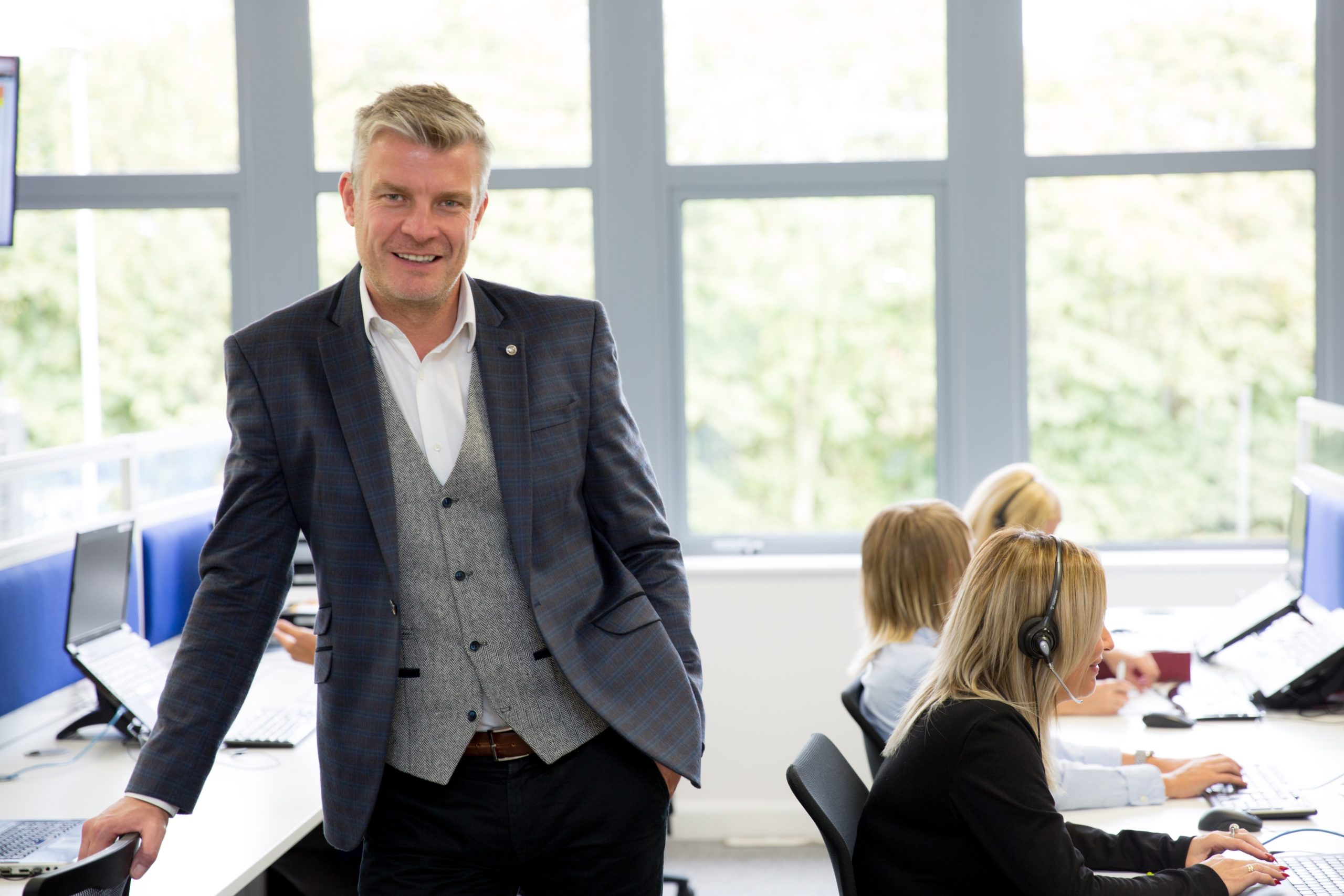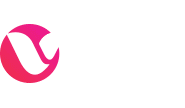Sales is often seen as either an art or a science. However, very rarely is there argument for the answer to be both. The wider integration of data analysis into sales strategy is crucial for achieving predictability and transparency in business operations. By tracking performance, analysing traction, and evaluating return on investment, companies can gain a deeper understanding of what is working and what is not, taking the guesswork out of decision making.
We recently held a Q&A style discussion with two senior members of the VST team to discuss the matter, to help give an insight into the industry from those who have seen Science help transform the sales function as we know it. Below are some of the takeaway points and key quotes outlined by Louise Howson (Managing Director) and Andrew Smart (Founder of VST and now Solutions Director) throughout the hour-long discussion.
Does Science play a role within sales?
“Utilising and collecting quality data from sales campaigns will undoubtedly put the science back into sales, taking the guesswork out of what’s working, and more importantly what’s not.”
The data can also help to identify the best way to pitch a product or service and indeed the best channels to use for different audiences. And the most important thing is to allow enough time to test it”. – Andrew Smart.
The perception that science and sales are at opposite ends of the spectrum is changing as companies scrutinise their spend in the wake of the pandemic, looking for predictability and return on investment. Data analysis is becoming a central topic in conversations with customers, as companies seek ways to create warmer data, automate processes, and make strategic decisions based on evidence, rather than emotions.
Andrew Smart (Solutions Director) then made an excellent point of highlighting the fact science has always played a role within sales, it’s just that now in 2023 people are more data literate than ever before and therefore more comfortable talking about, analysing and using data to drive the agenda.
“I think people are more comfortable talking about the digital transformation process that is now a common theme in every workplace. More and more people, across all industries, are buying into the process.
Now business owners and management employees absolutely know that if they’re not comfortable talking about data, they’re not going to survive really, you know, it’s just making it quicker, more accurate, more accessible, but actually interpreting it into a language that people can take some meaningful action.” – Andrew Smart.
Science sits at the heart of data analysis, and data science is crucial for achieving a true return on investment. By putting the science back into sales, you can remove the guesswork and help create predictability.
“Science and sales may seem like opposite ends of the spectrum, but by tracking trends and delving deeper into the data, we can gain a better understanding of how to create warmer leads. Transparency is key, and by sharing our data, we can make informed decisions that drive strategy in every meeting. Data analysis takes the emotion out of the campaign, allowing us to see if our pitch or channel is proving effective.” – Louise Howson.
At VST we’ve found that evidence is key, and by A/B testing campaigns and making tweaks, we can base everything we do on real, hard evidence. To find out more about the data behind our campaigns, contact us today.
How do VST apply Science within sales?
The use of data and formulas to drive sales strategy has become increasingly important in recent years, particularly in the wake of the pandemic. As front-facing account managers have been forced to adapt to new market conditions, they have turned to data analysis to identify patterns and formulas that can be applied across different industries.
“In it’s most basic form, you would use data to analyse the ratio between the number of calls to the amount of decision maker conversations, and then the amount of meetings you book to the work you win. However, as data science has improved, you can now compare that statistic against other variables such as; type of decision makers, industry type, size of business, Geography, seasonal trends, competitor analysis, number of touch-points across different channels.
Having automated data analysis allows us to do this in a matter of seconds, as opposed to hours with the traditional methods of data analysis.” – Louise Howson.
Andrew Smart then summarised the approach by saying:
“This approach is a significant departure from the old “spray and pray” method, where companies would make a large number of calls in the hopes of penetrating a few clients, but with the new data-led process, it becomes more highly targeted and more effective which means in simple terms databases become smaller but the prospects have a higher propensity to buy if that data has been profiled correctly.
However, all of the becomes irrelevant if your starting database is in poor condition and out of date.” – Andrew Smart.
Interested in hearing more about our data cleansing services? Contact our team of experts today.
How has adding Science into sales benefitted VST’s campaigns and processes?
Touching more on this holistic view the data allows VST to add to campaigns, Louise Howson (Managing Director) mentioned the importance of predictability and transparency within the sales process.
“I think as budgets become tighter in the current climate, people are scrutinising their sales and marketing spend to ensure tangible return on investment. So they want that predictability. And the way that you get that is to create processes, to track trends and look deeper into the data.
Reporting back to a client on their true return on investment figures, being transparent across the board, has benefited our campaigns massively.” – Louise Howson.
What are VST’s plans moving into 2023?
At VST, we have recognised the importance of data analysis in driving sales and have made changes to adapt to this new reality.
“We have invested in our employees by sending three members of staff on data analysis courses, recognising that this is the future of the industry.
This will allow our staff to develop formulas and processes that inform the overall strategy of their sales campaigns. Of course resulting in better ROI and warmer, more relevant outreach.” – Louise Howson
In addition to investing in our employees, we are also offering a free data audit pre-campaign to our clients as it’s in all parties best interest. This data audit will inform the results of the campaign and help our team at VST drive better deliverables for our clients. Please feel free to contact us in regards to our pre-campaign data audit services.
A big change at VST towards the end of last year saw our founder, Andrew Smart, step into a newly created ‘Solutions Director’ role. This allows Andrew to look at how we can add technology and innovative processes into not just our sales functionalities, but organisation-wide, ensuring we’re forward-facing in every aspect of the word.
“We’re adding more and more technology into sales as we progress here at VST. Whether this is through voice analytics, workforce management, gamification and incentives or even sales enablement.
We’re using tech to analyse calls and understand how many times our team might need to mention certain points. Predicting what the customer might say next, then giving tools and insight to the salesperson to shape the conversation in a positive manner. It’s also great for helping find the right information, between the CRM and call system, pulling info through from relevant case studies and testimonials we have at VST.” – Andrew Smart.
As a company, VST have embraced digital transformation and are often discussing how we can use data to drive performance, channelling data-driven decision-making both internally and externally. Data is used to inform how we at VST grow as a company and to help us make informed decisions about recruitment.
“Data is used to drive the agenda in every meeting we have, rather than letting emotions and gut feel.” – Andrew Smart.
Are you interested in joining a future Q&A?
At VST, we’re open to collaboration from industry experts across the Sales and Marketing industry. If you wish to participate in a future Q&A, be sure to contact us on LinkedIn or through our contact us page.
Don’t forget to connect with those involved in the Q&A on LinkedIn and continue the discussion:







